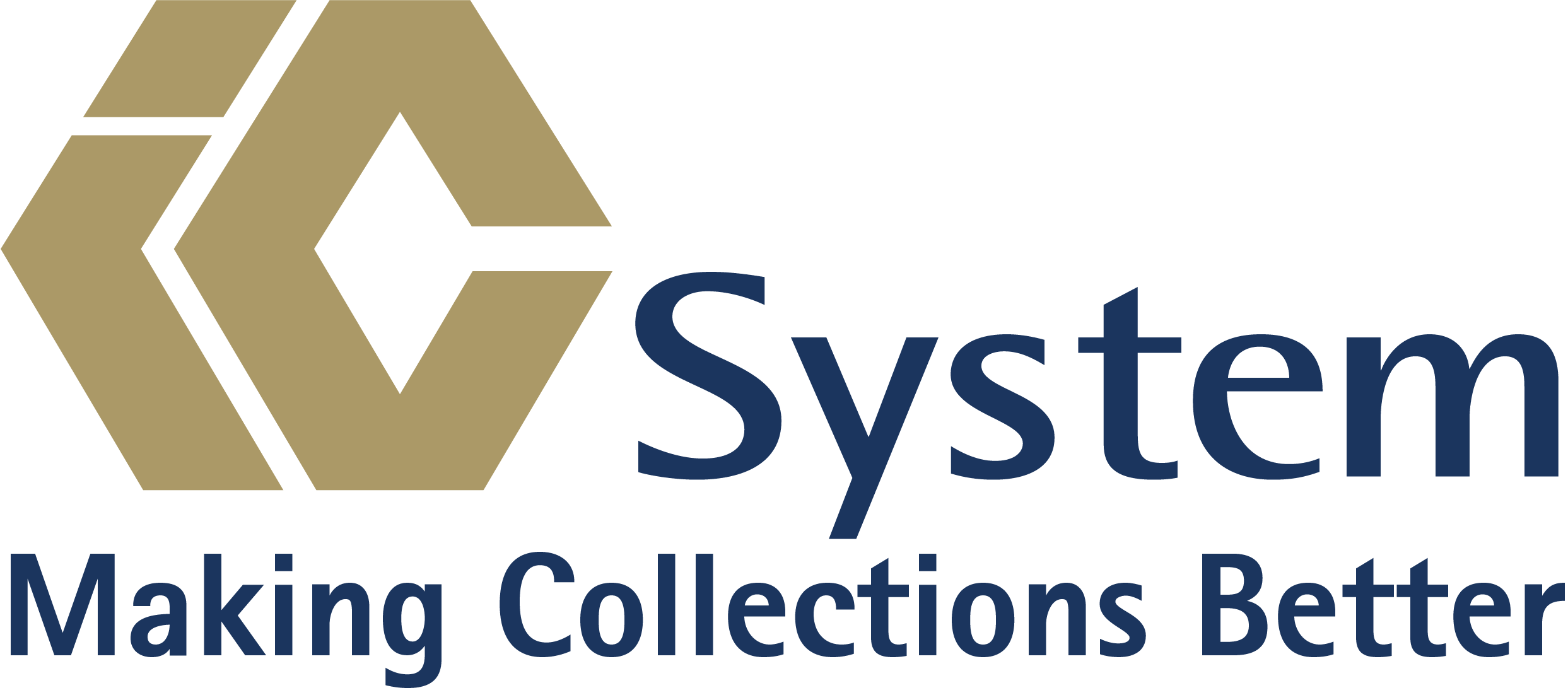Writing an RFP with a Focus on Resident-Friendly Collections

If you’re in the purchasing or finance department for a government entity, you may find yourself issuing a solicitation for collection services. Whether it’s for county-provided utilities, municipal parking violations, or any other collection needs, governments at all levels have debt to collect from their residents.
But how do you ensure that your debt will be collected in a way that ensures your residents are being treated with respect and professionalism? These are your neighbors, voters, and in the case of school district collection, parents. What are the questions you should ask to ferret out honest, transparent responses from bidders that get to the heart of that all-important issue: How does this vendor plan to collect debt both effectively and respectfully?
Happy Collectors Lead to Happy Residents
 I always appreciate reading an RFP that asks about how we treat our employees. The tough reality of this business is that every account receivables firm struggles with turnover to some extent. Working in a call center can be demanding work, and not everyone is cut out for it. So once in a while, an RFP question might go beyond “do your collectors work on commission?” It’ll ask about the contests, fun events, and incentives we offer our collection staff. Buyers who pull back this particular curtain aren’t necessarily doing so out of altruism; they’re asking about staff morale because they understand one very important fact: happy collectors stick around and become experienced collectors, which leads to a more effective approach to their debt portfolios.
I always appreciate reading an RFP that asks about how we treat our employees. The tough reality of this business is that every account receivables firm struggles with turnover to some extent. Working in a call center can be demanding work, and not everyone is cut out for it. So once in a while, an RFP question might go beyond “do your collectors work on commission?” It’ll ask about the contests, fun events, and incentives we offer our collection staff. Buyers who pull back this particular curtain aren’t necessarily doing so out of altruism; they’re asking about staff morale because they understand one very important fact: happy collectors stick around and become experienced collectors, which leads to a more effective approach to their debt portfolios.
All of this is why we at IC System have created an incentive program designed to motivate our collectors (whom we call “consumer financial representatives”) even further. The “REP Plan” (which stands for Recognition, Education, and Performance) is a program that rates every representative in three categories:
• Progress in monthly collection goal
• Call Quality score, a measure of tone, empathy, and compliance
• Productivity reporting, a measure of day-to-day efficiency

Every quarter, each representative receives a single, composite score based on scores for those categories. Successful representatives can then advance in “tiers,” with each tier bringing new prizes, privileges, and prestige. Upon advancing to tier II, for example, a representative receives IC System-branded clothing, a gift card, and exclusive educational opportunities through our training department. When a representative advances to the “Specialist” tier, he or she receives extra paid time off, an IC System-branded parka, a $1,500 travel voucher, and more!
The proof is in the performance. Through call quality analytics, we have determined that a more resident-friendly approach results in more payments (nearly twice as many) with a higher average balance.
So as you write your next collections RFP, consider digging into how prospective vendors plan to treat the troops that they’ll be deploying to the front line of your accounts. Is your collections firm a revolving door of new employees, or do they get creative to attract and retain the talent?
Call Recordings are Important, But What Else?
If you want to know how your residents are being treated, there are two surefire ways. The first is to listen to some of the calls and judge for yourself. The second is to ask your residents. Let’s start with call monitoring.
If you ask most A/R firms, they’ll tell you that their collectors are polite and respectful. But how can you be sure? I think one of the most effective lines of questioning when it comes to call quality is something like this:
• Are all calls recorded?
• Describe your internal process for reviewing the quality of recorded calls.
• Can call recordings be made available to our staff for review?
The first question should have only one answer: yes, 100% of calls are recorded. Accept nothing less. The second question will give you real insight into the level of care a vendor takes in ensuring call compliance. Your vendor ought to have a detailed call quality approach – probably even a policy document laying out specific evaluation parameters for listening to a collector’s call. Finally, you’re looking for another simple “yes” for the third question. Even if you don’t have time to listen to call recordings to audit your collection vendor’s compliance, you want to know that they’re willing to share those recordings (securely, and with your authorized personnel only); it’ll speak volumes about your vendor’s level of transparency as well as their confidence in their own methods.
 But since you probably don’t actually have time to listen to calls, how can you determine, at a glance, if your residents feel they’re being treated well? You can ask them. Or rather, your A/R firm should ask them. That’s why IC System is one of the first and only accounts receivables management firms to offer Customer Satisfaction (CSAT) Surveys after every call.
But since you probably don’t actually have time to listen to calls, how can you determine, at a glance, if your residents feel they’re being treated well? You can ask them. Or rather, your A/R firm should ask them. That’s why IC System is one of the first and only accounts receivables management firms to offer Customer Satisfaction (CSAT) Surveys after every call.
During each call, our collectors ask your resident if they’d be willing to participate in a brief survey following the call. Residents who agree are transferred to an automated system and asked to give responses using their telephone touchpads. Questions include:
• Were you satisfied with the outcome of your call?
• Did our representative treat you professionally?
• Were you able to resolve your account during the call?
Then, we use those results to improve our performance. For instance, we can:
• Ensure the right tone and manner on the phone by reviewing any calls that have low scores. That means happier residents.
• Improve collection performance by learning from calls that result in positive resident experiences. That means more revenue for you.
• Mitigate liability by identifying upset residents earlier, allowing a supervisor, or even our consumer affairs team, to intervene. That means less regulatory risk.
In Closing: Go Beyond Company Values
There are roughly 5,000 debt collection agencies in the United States, and they run the gamut from bulldoggish tactics to kinder, gentler collections. The one thing most of them have in common, though, is that they’ll readily talk about their company values. The majority of firms will pay lip service to words like honesty, respect, and empathy. But if nothing else, what I’d like you to take from this blog is pretty simple: ask vendors to prove it. Do they have any local awards for workplace culture? Do they take engagement surveys from their employees and their customers? How are their BBB ratings? Ask your prospective vendors to prove that they treat people well – both their employees and your residents, and you’ll more easily be able to separate those who talk the talk from those who walk the walk.
Ready to get started? Email IC System for assistance at Proposals@ICSystem.com.
About the Author: Eric Johannes








